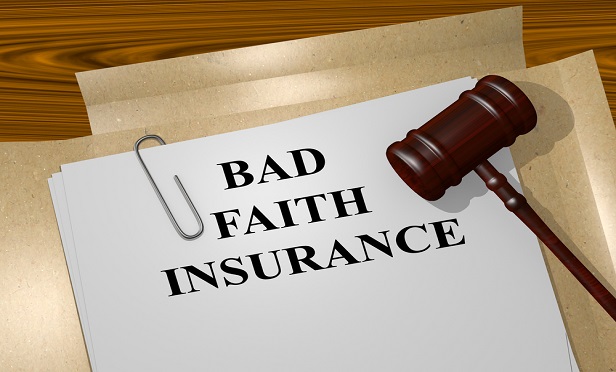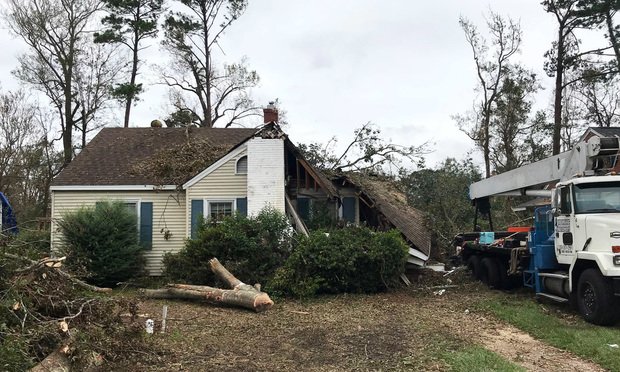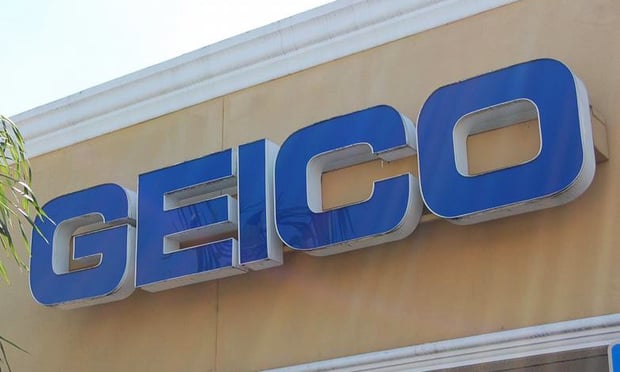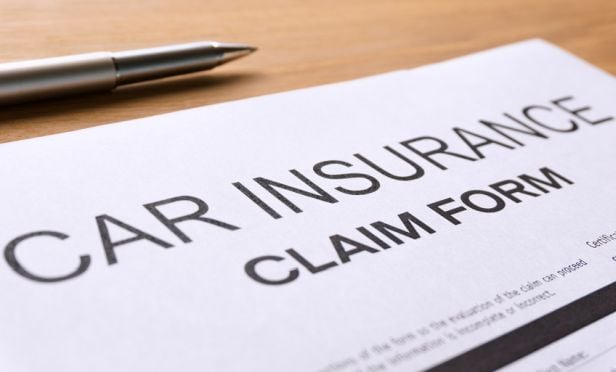 Geico was accused of bad faith, but the company alleged that it never received any notice of the claim. (Photo: Jonathan Weiss/Shutterstock.com)
Geico was accused of bad faith, but the company alleged that it never received any notice of the claim. (Photo: Jonathan Weiss/Shutterstock.com)
A federal jury in Columbus, Ga., delivered a post-apportionment award of more than $2 million against Geico insurance in a bad-faith failure to settle a case stemming from an accident in which a bicyclist was struck by a motorist.
Recommended For You
Want to continue reading?
Become a Free PropertyCasualty360 Digital Reader
Your access to unlimited PropertyCasualty360 content isn’t changing.
Once you are an ALM digital member, you’ll receive:
- Breaking insurance news and analysis, on-site and via our newsletters and custom alerts
- Weekly Insurance Speak podcast featuring exclusive interviews with industry leaders
- Educational webcasts, white papers, and ebooks from industry thought leaders
- Critical converage of the employee benefits and financial advisory markets on our other ALM sites, BenefitsPRO and ThinkAdvisor
Already have an account? Sign In Now







